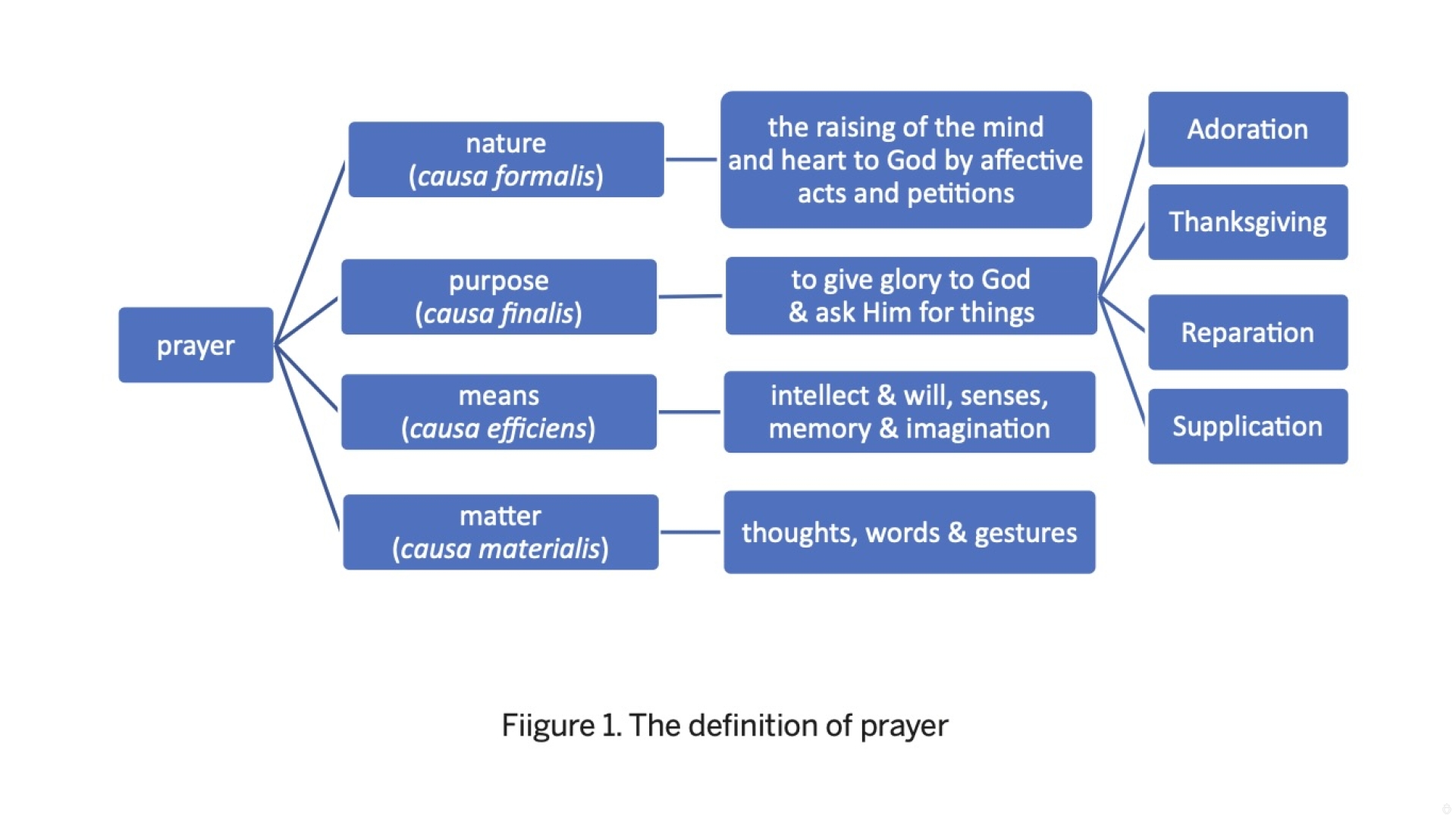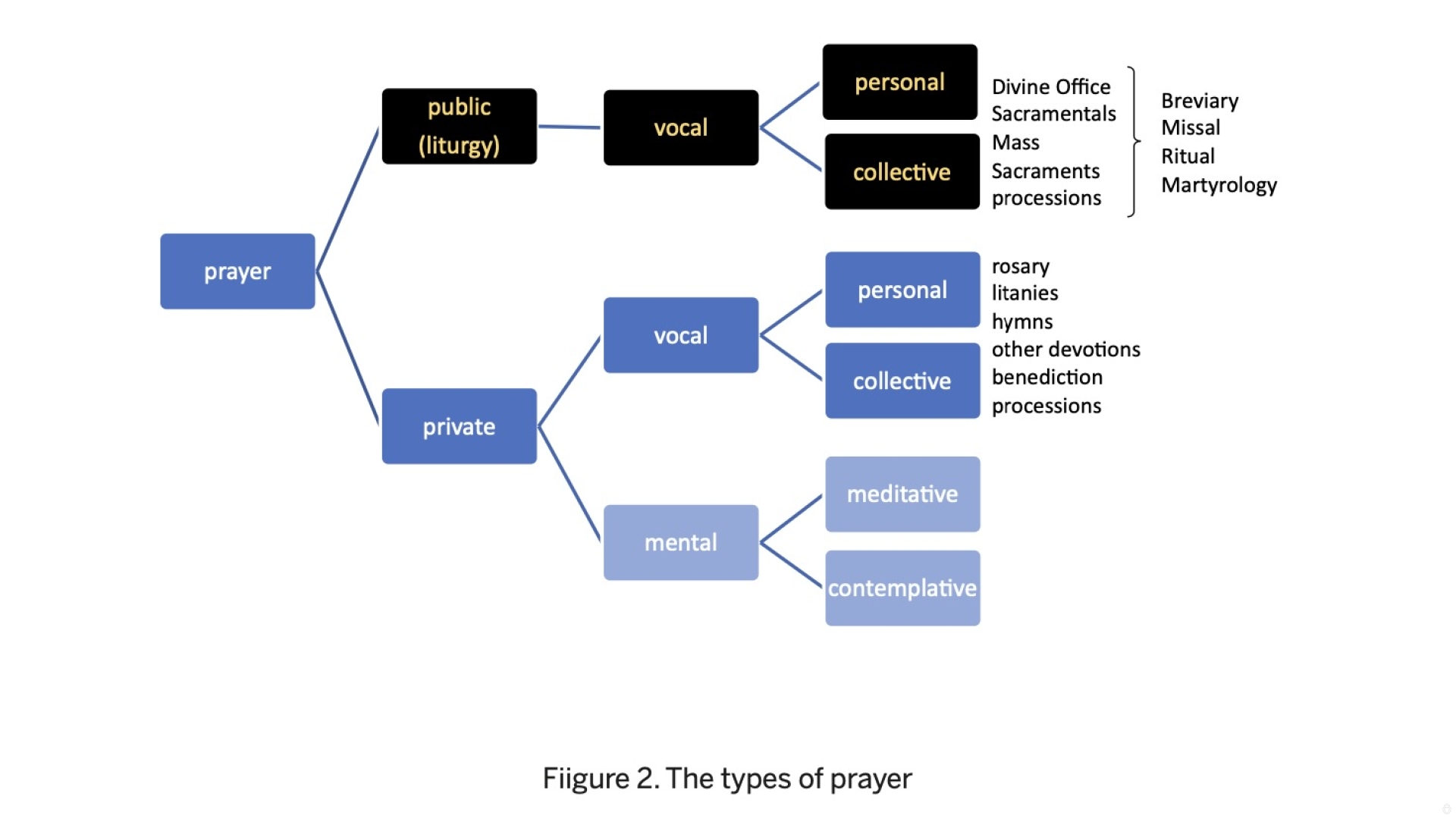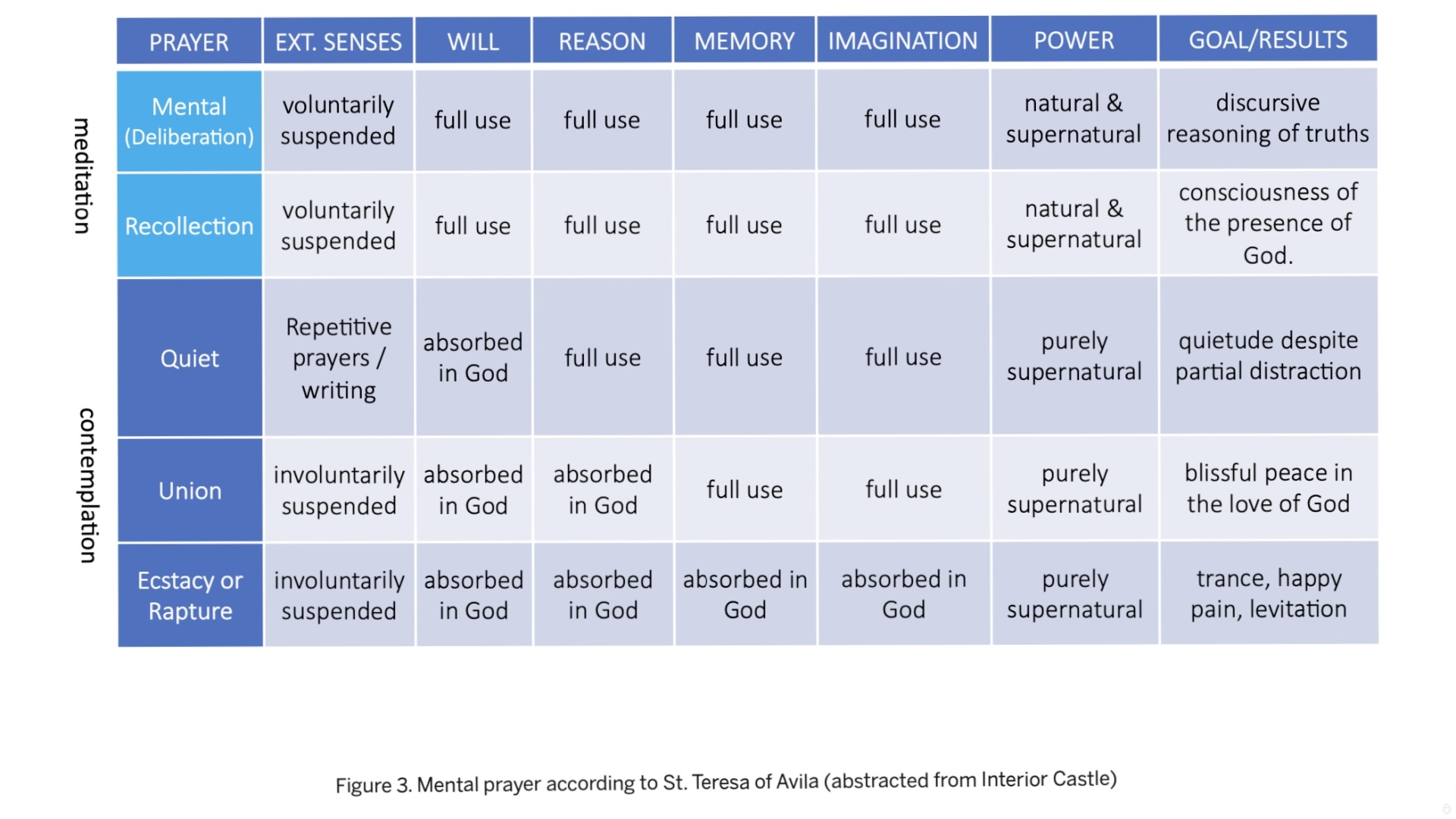Be nothing solicitous: Don’t worry, just pray
Letter from the District Superior, Rev. Robert Brucciani, March 2021
Be nothing solicitous; but in everything, by prayer and supplication, with thanksgiving, let your petitions be made known to God. (Phil 4:6)
My Dear Faithful,
As the modern world rushes head-long into political tyranny, economic meltdown, and cultural persecution, it is natural, and supernatural, for faithful Catholics to turn to God.
As we are forcibly detached from our dominion over material things, it is natural that we cling more tightly to the spiritual goods in our lives: our relationship with God, family and friends, and with ourselves. With the help of God’s grace, we will profit from this forcible detachment not only by seeing the worth of spiritual things, but by putting them in their proper order: loving God above all things and then loving our neighbour as ourselves for the love of God.
One of the natural consequences of this rearrangement will be a more fervent and efficacious prayer life.
Definition of prayer
Prayer in the narrowest sense, is the raising of the mind and the heart to God in order to ask Him for seemly things: the graces or gifts that we need to live on earth and to attain eternal life.
Prayer, in a broader sense, is the raising the mind and the heart to God, not only to ask Him for things, but to adore Him, thank Him and make reparation to Him.
Prayer in the broadest sense is a conversation with God, sometimes called a colloquy. Prayer is a conversation, a two-way communication because God always answers our prayers whether by interior inspirations or exterior events; we just need to be listening.

Necessity of prayer
Prayer is our first duty not only as Christians, but even as men. It is natural and necessary (ie. part of natural law) that we beg graces from Him from Whom we have everything—even our existence. It is natural and necessary that we acknowledge, abase ourselves before, honour and thank the Supreme Being. It is natural that we converse with God, union with Whom is our ultimate end, the ultimate purpose of our existence.
Regular prayer, therefore, is necessary to obtain heaven for those who have attained reason.
Types of prayer
There are a number ways we can classify prayer.
- Prayers may be classified according to their end: worship (that is, adoration, thanksgiving and reparation) or petition.
- Prayer may be public or private. Public prayers in this sense are the official prayers of the Church, also called the Liturgy. These prayers are contained in the official books of the Church: the Missal, the Divine Office (Breviary), the Ritual and the Martyrology and are prayed by or with a minister of the Church.
- Prayer may be personal or collective.
- Prayer may be vocal or mental.

Efficacy of prayer for sanctification
Prayer produces three marvellous effects in the soul:
- it detaches us from creatures it unites us entirely to God,
- it gradually transforms us into God.
- Prayer detaches us from creatures in so far as they are an obstacle to our union with God. This effect of prayer follows from its very nature as an elevation of the heart to God.
The second effect of prayer—union—is realised through intimate converse and is preserved by the fear of losing God through mortal sin, or impeding Him through venial sin or imperfections.
Prayer gradually transforms us into God by the sanctifying grace that God bestows upon us. St. Francis de Sales says:
If prayer be a colloquy, a discourse or a conversation of the soul with God, by it then we speak to God, and He again speaks to us; we aspire to Him and breathe in Him, and He reciprocally inspires us and breathes upon us.
Efficacy of prayers of petition
Prayers of petition will always be answered, for we have the promise of Christ Himself:
Ask, and it shall be given you; seek, and you shall find: knock, and it shall be opened to you. (Mt 7:7)
Therefore I say unto you, all things whatsoever you ask when ye pray, believe that you shall receive. (Mk 11:24)
There are, however, some conditions attached. First, God only accords us those things that are truly good for us, which means that we should only pray for things that directly or indirectly pertain to our salvation or the salvation of another.
Then, when we pray we should pray with attention, firm faith, ardent desire, hope, meekness and humility.
When we pray in this way for something, we are never left unrewarded. For although God has known from all eternity our every need, and has His will fixed for all eternity, His foreknowledge of our prayers is woven in into His providential plan for the universe. And in this way, we can say that our prayers really are the cause of God’s munificence.
If what we demand is not the best for our salvation, our prayer nevertheless does not fail to shower down upon us new graces and an increase in faith, hope and charity as long as we pray with humility.
Vocal prayer
When we decide to pray, most of us instinctively have recourse to vocal prayer which involves the recitation of fixed texts such as the liturgy of the Church or devotions such as the rosary, hymns, litanies, acts of consecration etc. or speaking with words of our own composition.
The prayer of vocal prayer, however, is not in the recital of words; it is in the raising of the mind and heart to God by the affective acts of humility, faith, hope, charity, gratitude and sorrow that the words evoke or permit. It is important to understand this, for it will help us see that attention to God Whom we address is necessary and it will prevent us falling into the error of multiplying our vocal prayers without affective acts of virtue. We do not have to concentrate on the words, but we must concentrate on God.
Mental Prayer
Mental prayer is a higher form of prayer in that it is more spiritual and hence more proportioned to union with God. It is also more difficult, which is why very few pray well in this way.
Mental prayer can be broadly divided into meditative prayer or contemplative prayer in view of the operations of the soul in each. It is divided further by the spiritual authors.

Meditation
Meditative prayer is the simplest form of mental prayer and may be defined as “a loving discursive consideration of religious truths” by which we raise our minds and hearts to God.
What this means is that, after having put ourselves in the presence of God (imagining ourselves kneeling before His throne, or sitting at His feet or however we might wish to become conscious of His presence) we begin to consider Him or consider some aspect of His created world and its creatures as being ordered to Him. But the object of this effort of discursive reasoning is not to become more knowledgeable about the truths of our faith (or even truths of philosophy or science in relation to Him) but to discover manifestations of His love for us.
St. John of the Cross says succinctly: “The end of meditation and mental consideration of divine things is to obtain some knowledge of the love of God.” Thus, meditation can be seen as part of the first stage of courtship. Just as when two kindred spirits are attracted to each other, they find themselves conversing with delight and then, when alone, pondering on their conversation, by meditation we ponder the words and actions of God in Scripture, in theology, in the lives of the saints or in our own lives to discover new reasons to love God and new signs of God’s love for us.
The difference between human lovers and divine lovers is that, instead of wondering whether the other loves us, we know that God loves us with the certainty of faith and reason. Our meditations therefore are an exercise in discovery and elucidation of this love and an eliciting of our love for Him by this discovery.
The prayer of meditation, although freer than vocal prayer, should not be void of structure altogether, for our weak human nature requires some sort of support. Typically, meditative prayer should include the following steps:
- Putting oneself in the presence of God,
- Reflecting on the subject of meditation (eg. the Gospel of today),
- Considering the points of meditation
- Conversing with God—forming resolutions
St. Teresa of Avila admitted to great difficulty in concentration in meditations and so advocated meditation with a book so that one could read and re-read a section of text.
One thing that we must avoid when we meditate is making ourselves the subject of our meditation. Our prayer must not be an extended torturous examination of conscience.
Contemplation
Meditation is but the first stage of courtship; it is a prayer of means to the perfection of prayer which is contemplation. St. Teresa of Avila describes contemplation as “nothing but the intimate commerce of friendship, in which a soul converses one to one with this God by Whom it knows itself loved.”
At first it is an intimate colloquy, wholly personal and spontaneous, without preoccupation about form and order, and proceeding only from the overflowing love of the heart. Just as two lovers, convinced of their mutual love, feel total liberty and delight in each other’s company, contemplation is that unrestrained, uninhibited relationship of love with God. Sometimes the soul speaks, sometimes it holds itself in silence, listening interiorly in order to perceive the movements of grace which are God’s answer
When all our love’s desires have been spoken, just as two lovers might gaze at each other in silence, our colloquy ceases and our soul is stilled in silent contemplation of God. This is the consummation of the prayer of contemplation: a simple intuition of the Truth. In contemplation the soul seeking God is illuminated by His light and is drawn intensely to Himself.
This is the highest form of prayer and is not something that can be achieved by a method; it is a free gift of God given in brief moments or for extended periods to encourage souls in their work of sanctification.
Be nothing solicitous
Having reminded ourselves of the nature, necessity and types or prayer, as we watch the clouds of revolution gathering, let us also remember that no tyranny, no poverty and no religious persecution can take away that greatest good, that pearl of great price which is our personal relationship with our loving God. As St. Pauls says:
Be nothing solicitous; but in everything, by prayer and supplication, with thanksgiving, let your petitions be made known to God. And the peace of God, which surpasseth all understanding, keep your hearts and minds in Christ Jesus. Amen, so be it. (Phil 4:6-7)
In Jesu et Maria,
Rev. Robert Brucciani
View all the articles from Ite Missa Est